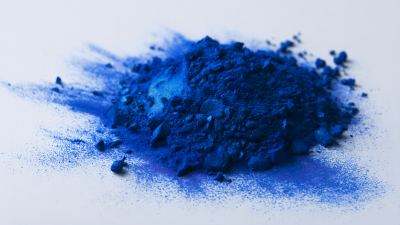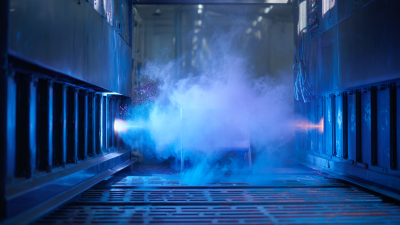The increasing demand for durable and sustainable coatings in various industries has led to a significant shift towards plastic powder coating, a revolutionary technology poised to transform the future of surface protection. According to a recent report by Global Market Insights, the plastic powder coating market is projected to surpass USD 20 billion by 2027, driven by its superior resistance to abrasions, chemicals, and weathering compared to traditional liquid coatings. This innovative method not only enhances the longevity of products across sectors such as automotive, construction, and consumer goods but also aligns with environmental regulations by generating minimal waste and avoiding harmful solvents. As industries continue to prioritize sustainability and performance, understanding the advancements and applications of plastic powder coating becomes crucial for staying competitive in an ever-evolving marketplace.
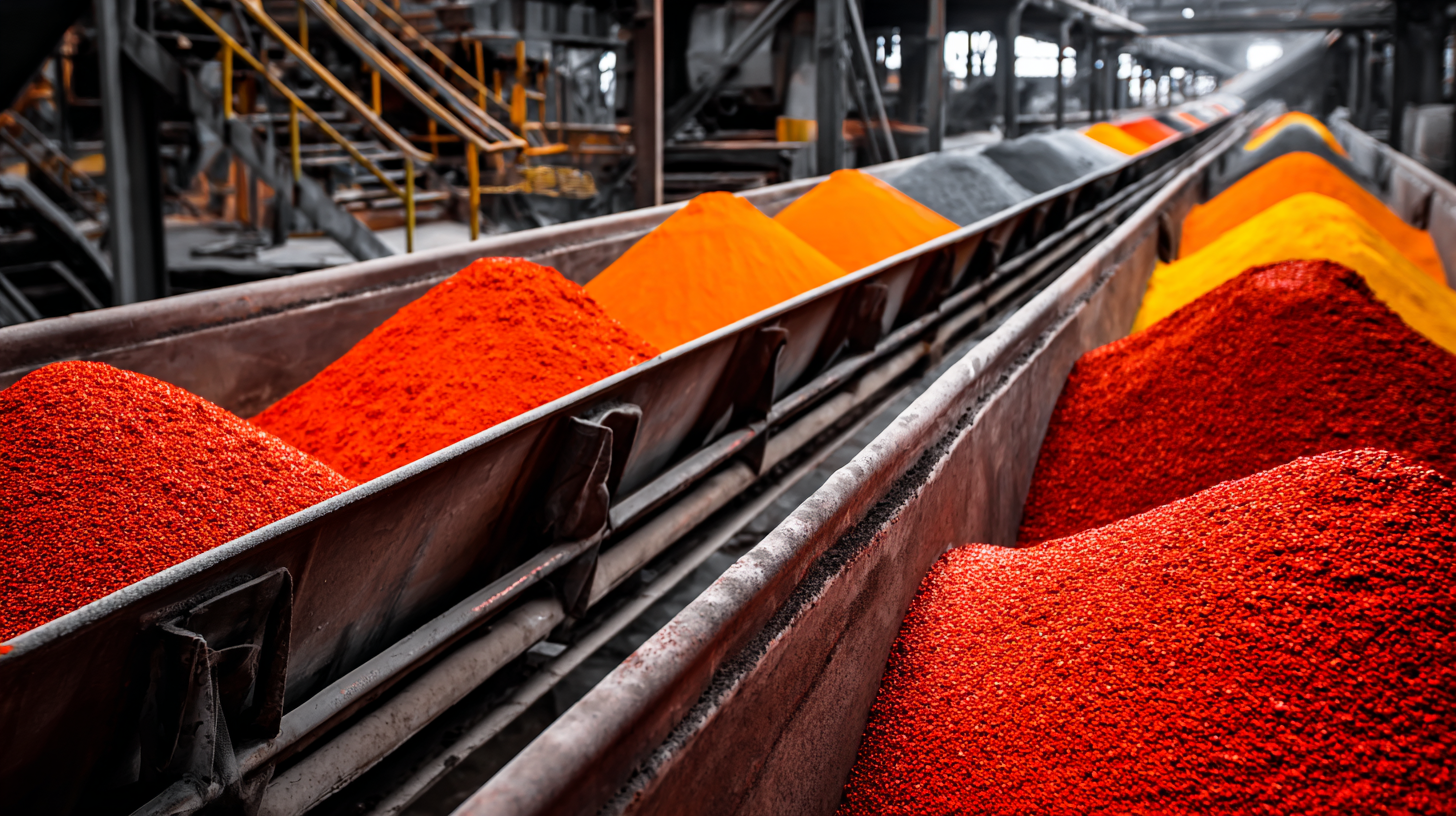
The evolution of plastic powder coating has spearheaded a transformation in modern industries, offering solutions that extend beyond traditional application methods. Over the past few decades, advancements in materials science have led to the development of more durable and versatile powder coatings. Innovations such as thermo-setting and thermo-plastic powders enable coated surfaces to withstand harsh environmental conditions while maintaining aesthetic appeal. These enhancements not only improve the longevity of products but also reduce the frequency of maintenance, ultimately leading to cost savings.
**Tip:** To maximize the benefits of plastic powder coatings, consider carefully selecting the powder type based on the specific environmental conditions and intended use of the coated item. For instance, using a weather-resistant formula can significantly enhance outdoor performance.
In addition to improved durability, trends in the industry are also shifting towards sustainable practices. The rise of eco-friendly formulations and the emphasis on recyclability have made plastic powder coating an attractive option for environmentally conscious manufacturers. The incorporation of innovative application technologies such as electrostatic spray can further optimize efficiency while minimizing waste.
**Tip:** When exploring new powder coating technologies, always assess the environmental impact and compliance with sustainability standards to align with your company’s commitment to green practices.
The plastic powder coating market is experiencing significant growth, driven by increasing demand across various industries. This surge is primarily attributed to the enhanced durability, aesthetics, and environmental benefits offered by powder coatings compared to traditional liquid paints. Industries such as automotive, electronics, and furniture are increasingly opting for plastic powder coating solutions, as they provide superior resistance to scratching, fading, and corrosion, thereby extending product life and reducing maintenance costs.
Projections indicate that the global plastic powder coating market will continue to expand at a robust pace over the coming years. Factors such as rising environmental regulations favoring eco-friendly coating options and the growing inclination for sustainable practices in manufacturing are contributing to this trend. As manufacturers seek innovative ways to enhance product performance while adhering to environmental standards, plastic powder coatings are poised to become a preferred choice, positioning themselves as a critical component in the modernization of industrial applications.
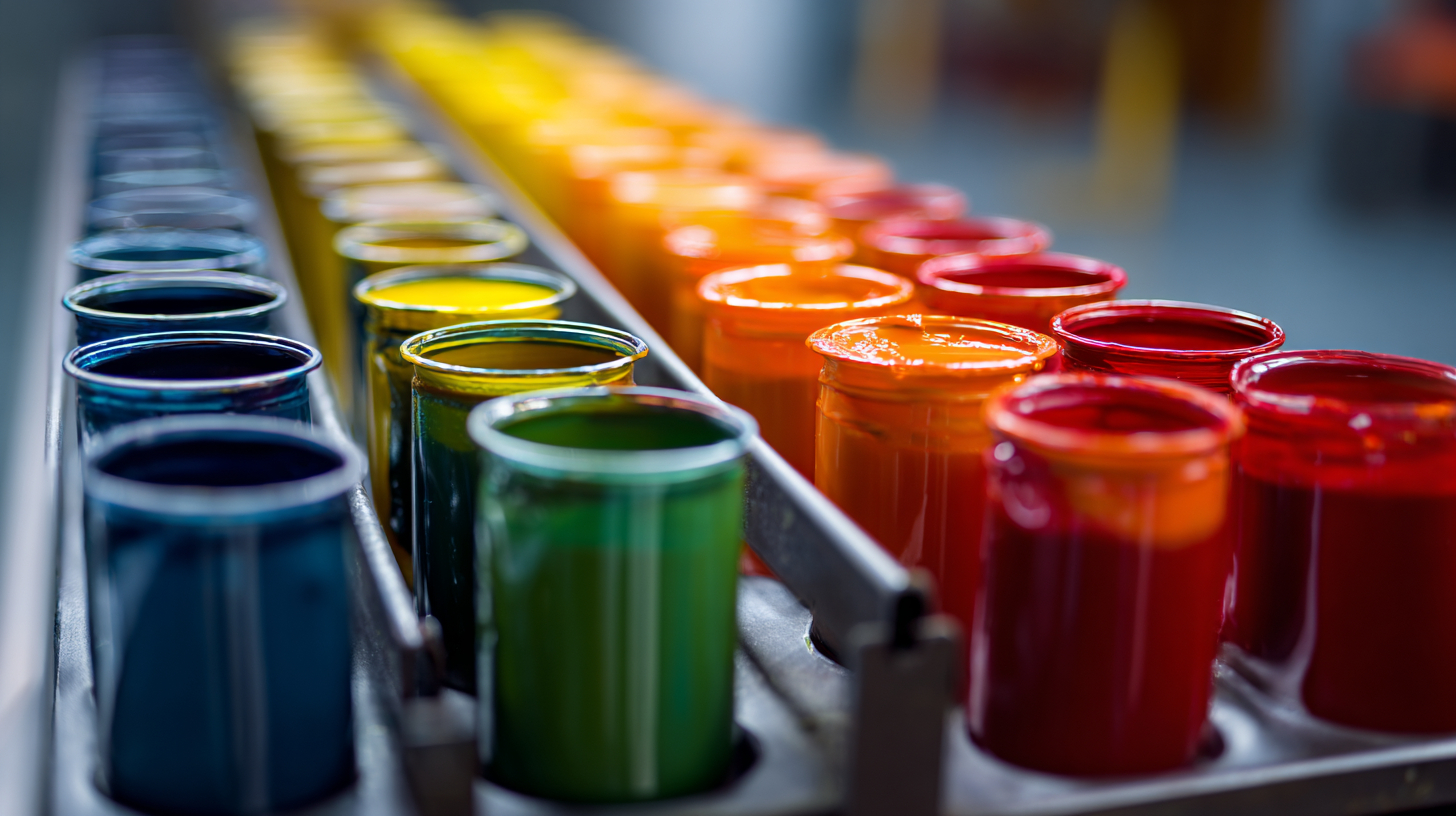
The advancements in technology are radically transforming the plastic powder coating processes across various industries. One of the most notable innovations is the introduction of energy-efficient curing techniques, such as infrared and ultraviolet (UV) curing systems. These methods significantly reduce energy consumption while expediting the curing process, allowing for quicker production times without compromising the quality of the finish. Additionally, the development of advanced gun technology has improved the application precision of powder coatings, minimizing waste and enhancing the uniformity of the coatings on complex surfaces.
Moreover, the integration of smart technology into the powder coating systems is revolutionizing quality control. Intelligent systems equipped with sensors and AI algorithms can monitor the coating process in real-time, ensuring consistency and identifying potential defects before they become critical issues. This proactive approach not only boosts productivity but also enhances the durability of the final products. As industries seek sustainability and efficiency, these technological innovations in plastic powder coating are paving the way for a more resilient and eco-friendly manufacturing landscape.
| Innovation | Description | Benefits | Industries Impacted | Future Trends |
|---|---|---|---|---|
| Advanced Coating Technologies | Utilizes new materials and methods for enhanced adhesion and finish. | Improved durability and longevity of products. | Automotive, Electronics, Furniture | Greater customization and eco-friendly options. |
| Smart Coatings | Integrates sensors to monitor environmental impact and wear. | Real-time data on coating conditions. | Aerospace, Oil & Gas, Industrial Manufacturing | Enhanced predictive maintenance capabilities. |
| Sustainable Powder Coating | Focus on bio-based and recyclable materials for powder formulation. | Reduced environmental footprint. | Consumer Goods, Construction, Packaging | Focus on circular economy practices. |
| Temperature Control Systems | Advanced heating and cooling systems to maintain optimal processing temperatures. | Improved efficiency and coating quality. | Electronics, Automotive, Aerospace | Increasing automation and control in manufacturing. |
The evolution of coating technologies has brought plastic powder coating to the forefront as a viable alternative to traditional liquid coatings. According to a report by Freedonia Group, the market for powder coatings is expected to grow at a CAGR of 6.3% through 2025, largely driven by its enhanced durability and environmental benefits. Unlike conventional coatings that often contain harmful solvents, plastic powder coatings are free of volatile organic compounds (VOCs), making them a safer choice for both the environment and workers in manufacturing settings.
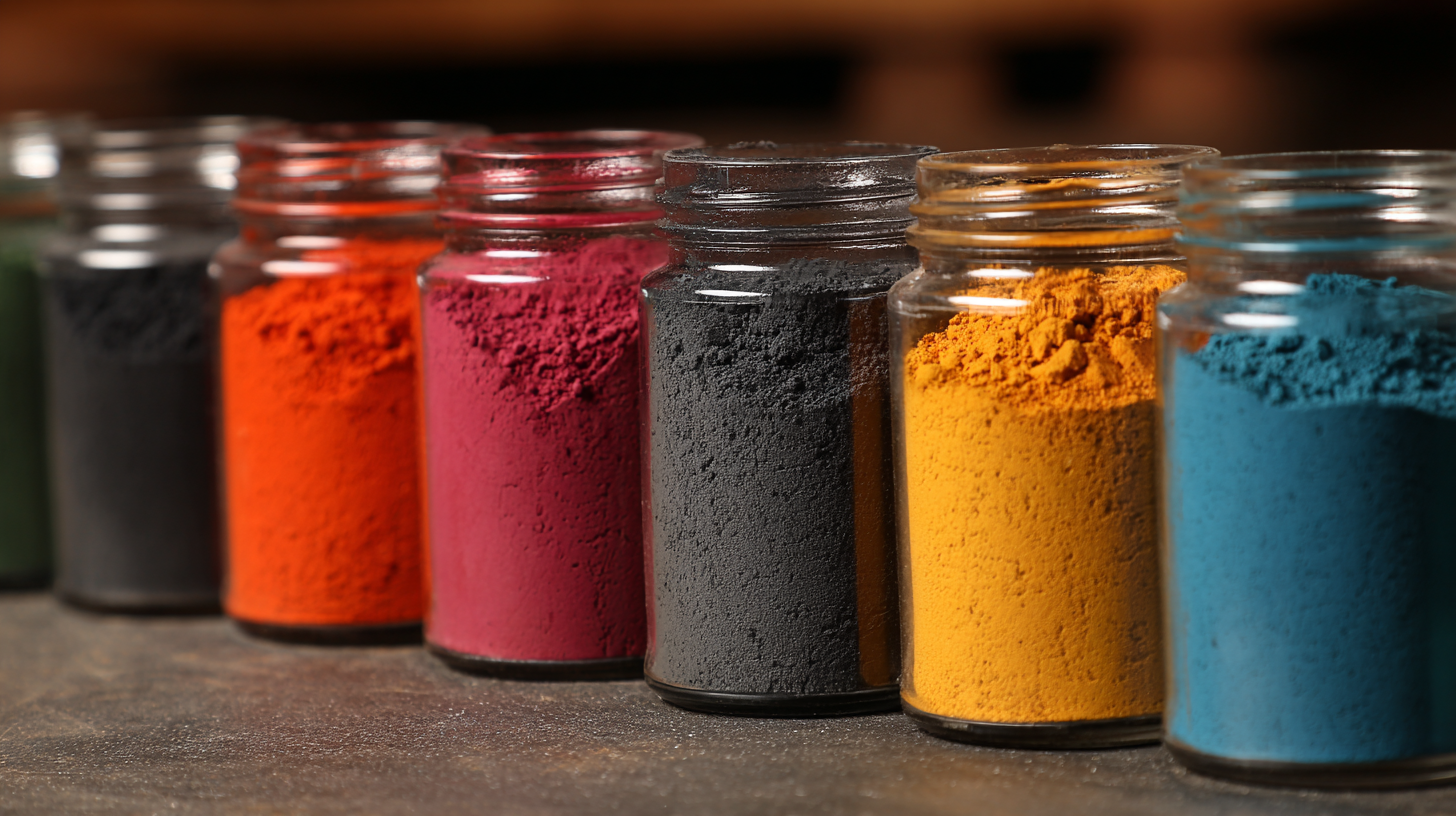
Furthermore, plastic powder coating showcases superior performance characteristics. Studies indicate that objects finished with powder coatings exhibit greater resistance to scratches, chemicals, and weathering compared to liquid coatings. A survey conducted by the Powder Coating Institute revealed that over 90% of users experienced improved functionality and longevity of their products after switching to powder coatings. With applications spanning diverse sectors from automotive to electronics, the advantages of this technology are clear—offering modern industries a path to increased sustainability and product quality.
Plastic powder coating is emerging as a sustainable alternative to traditional liquid coatings, offering significant environmental benefits. One of the primary advantages of this process is its minimal volatile organic compound (VOC) emissions, which contribute to air pollution and health hazards. The dry nature of the powder coating reduces the risk of pollution during application, promoting a cleaner industrial environment.
Additionally, any overspray generated can be recycled and reused, leading to reduced waste and greater resource efficiency.
Furthermore, the durability of plastic powder coatings not only enhances the longevity of coated products but also reduces the frequency of replacements, resulting in less waste over time. This longevity translates to lower material consumption and reduced environmental impact throughout the product lifecycle.
By adopting plastic powder coating technologies, modern industries can make strides towards sustainable practices, aligning with global efforts to reduce ecological footprints while delivering high-performance finishes tailored to a variety of applications.

